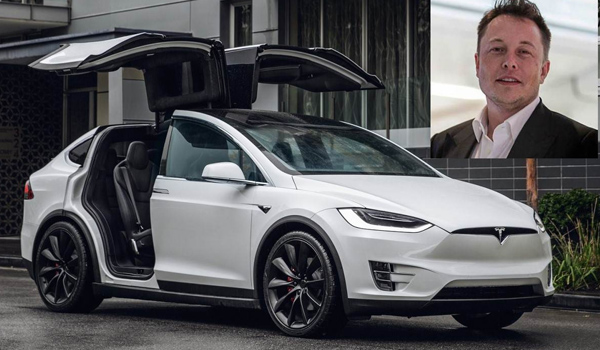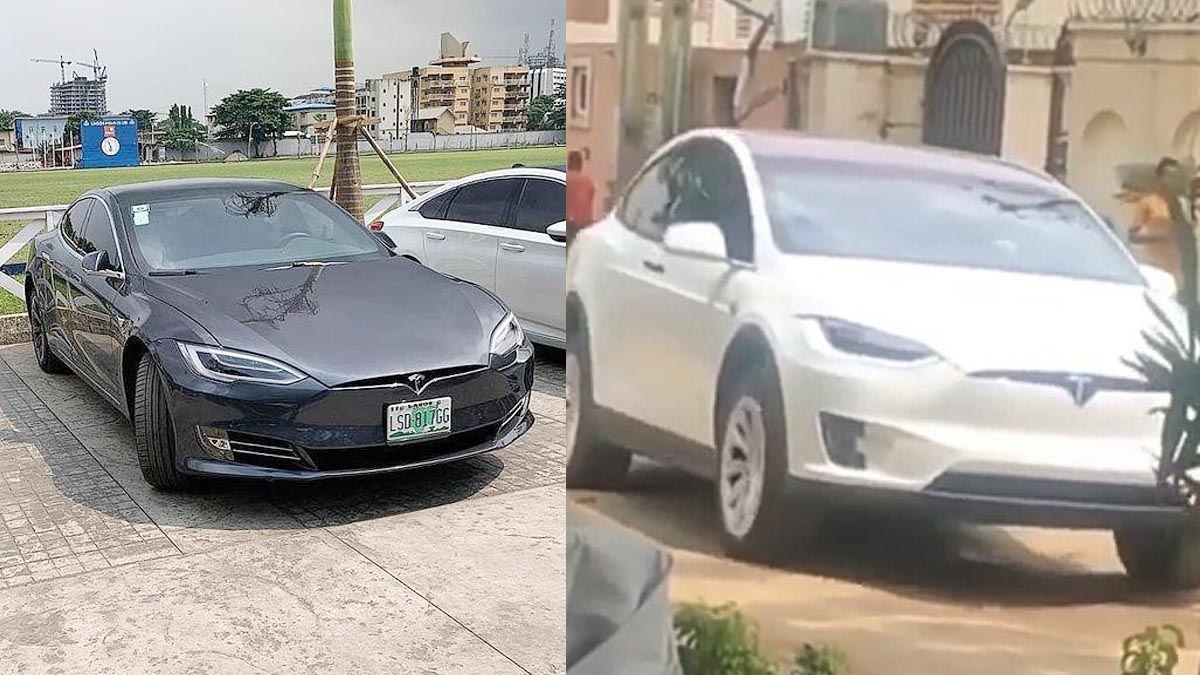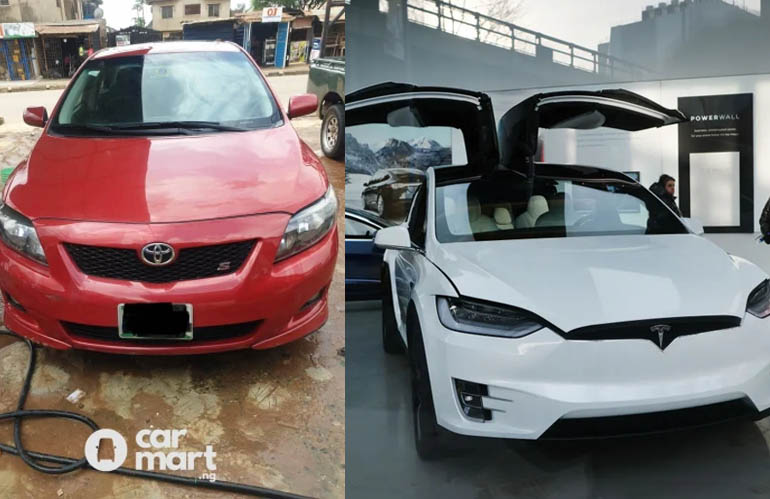There were multiple reports that emerged about Tesla, the American automotive and energy company, entering the Nigerian market with its Power wall but these reports were discovered to be false.
The Tesla Inc. was launched in 2015 and the Tesla Powerwall and accompanying Power-pack are rechargeable lithium-ion batteries for energy storage. They are made in two models which are the Powerwall 1 and Powerwall 2. They also come in different sizes and can be used for a variety of energy needs.
Power in Nigeria is really low compared to other countries and has become increasingly so over the years.
Report Findings About The News
In 2015 a report on the Centre for Global Development stated that “over 80 million Nigerians currently live without electricity and the general public is becoming increasingly negative about the pace of power sector improvements”. This included an estimated 31 million Nigerians living under the grid; living in areas with electricity but not having access to it.
The situation has gotten worse and alternative power solutions have always been welcome. This made the coming of the Tesla Powerwall sound like huge good news.
The only problem was that all the news reports looked quite similar and resembled press release material down to the same images being used in a large number of them.
According to the various articles, Alex Okoh, Director General, of the Bureau of Public Enterprise (BPE) said the electricity Distribution Companies (DisCos) in Nigeria did not have the capacity to improve infrastructure in the country. If this was really Tesla doing a marketing and publicity drive for Nigeria, it looked unusual. A tweet to the official Elon Musk and Tesla handle was not responded to. All these signs point to the fact that the news was fake.
A business Insider from Pulse eventually brought up a report. The reporter spoke to Anouska Ruane, Tesla’s spokesperson for EMEA and he straight out denied it by saying: “We have no current plans to offer our home battery system Powerwall in Nigeria. Tesla does work with project developers and utilities internationally, including across Africa, where our commercial battery system Powerpack can help support renewable energy and improve the reliability of electricity supply, both on- and off-grid,” the report quoted Anouska as saying.
Alex Okoh denied the statement that was attributed to him and a spokesperson of the Minister for Power, Works and Housing, Babatunde Fashola said they had no idea of a plan like that.
What Happened After?
Investigation as to the source of the news did not immediately produce anybody as there was a general hush around its origin.
If Tesla is not coming to Nigeria, does it mean over a dozen Nigerian publications knowingly publish fake news? This is not likely.
As earlier stated, it is most likely the news was a well-orchestrated public relations and marketing effort by a personal reseller or independent energy contractor planning on bringing the Tesla Powerwall into the Nigerian market.
The best way to sell a product like the Tesla Powerwall to a vast majority of Nigerians will be by spinning a narrative that makes it look like the Tesla company is officially coming into the country.
The Powerwall costs between ₦2.5 million to as much as ₦8.3 million or even more depending on individual power needs. If and when it comes to Nigeria, the cost of this energy alternative will ensure it is not available for everyone but considering large-scale solar and renewable energy solutions are not very cheap thanks to government policies and other factors, it may still enjoy fair patronage.
Is There Even A Future At All For Any Electric Vehicle In Nigeria?
Even with the progress realised in the bringing of electric vehicles to Nigeria, the challenges that face the commercial-scale deployment of EVs are a lot. The most glaring is the fact that the power supply is epileptic and commercial deployment of EVs can only happen when the ailing power sector has been overhauled.
Besides, most of the power generated in Nigeria comes from private generation, which typically comprises diesel and petrol. Burning these fuels for long hours, coupled with the attendant noise pollution to power electric vehicles seems counterintuitive.
Additionally, Nigeria does not have an EV policy. While the country has a policy for automobiles that aims to encourage local manufacturing of vehicles, it does not have one that specifically touches on EVs, which are significantly different from internal combustion engines.
Let us not even add the high purchase cost, which is another challenge, especially as there are not so many used ones being sold on the market yet – and Nigeria is known for its regular importation of used cars. This second-hand challenge may not affect the upper class, who may, in fact, spur their patronage of EVs. Because Nigeria thrives on status symbols, such upper-class people and certain middle-class ones may purchase EVs due to the prestige attached to owning them.
Have 1 million naira and above to Buy or Sell Cars In Nigeria? Check carlots.ng
All rights reserved. Reproduction, publication, broadcasting, rewriting, or redistribution of this material and other digital content on carmart.ng is strictly prohibited without prior express written permission from Carmart Nigeria - Contact: [email protected]




